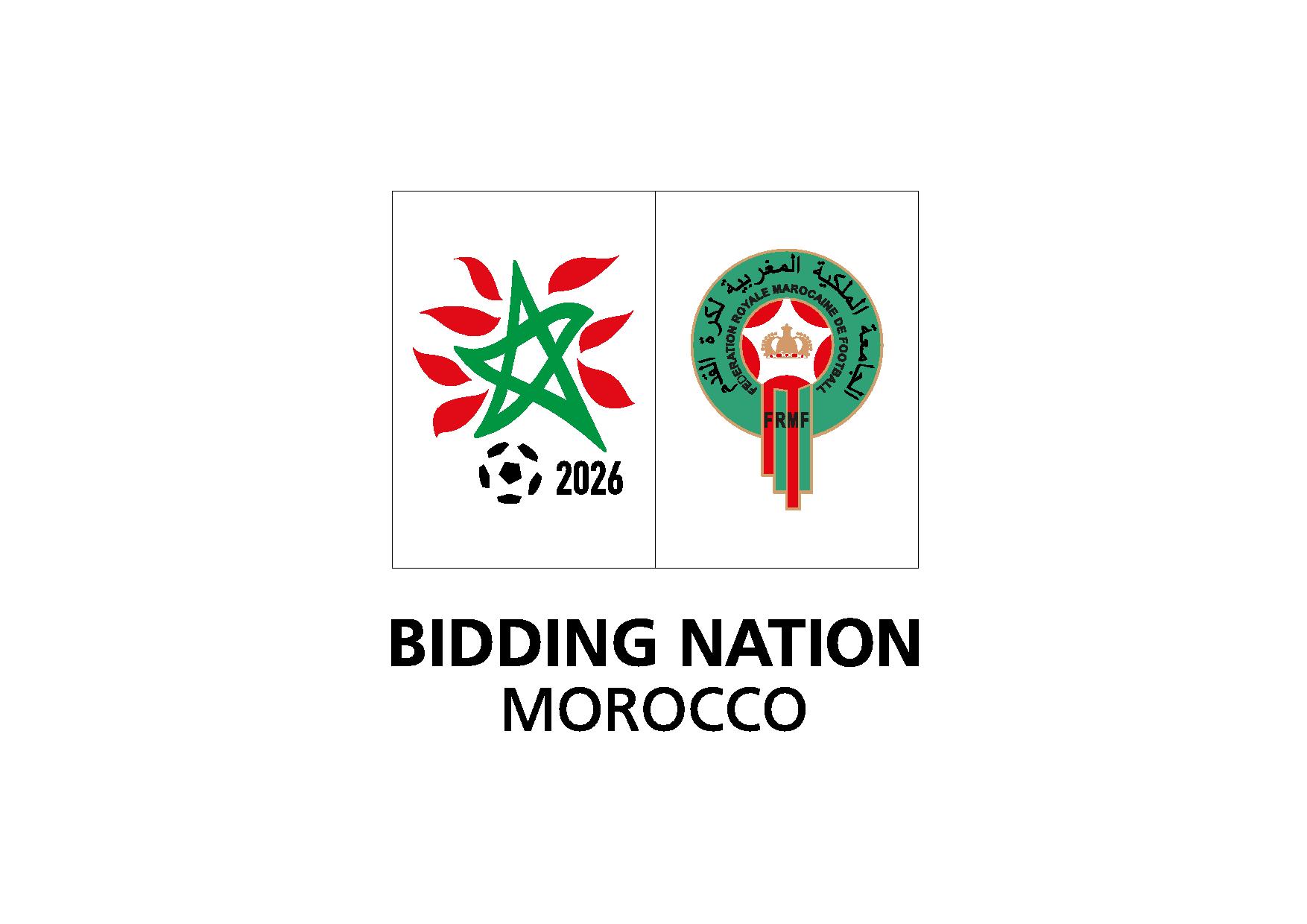By Andrew Warshaw
March 19 – Underdogs Morocco may be winning the sympathy vote in the race to land the 2026 World Cup but judging by last Saturday’s globally streamed press conference outlining their credentials, they have considerable ground to make up on the favourites from North America.
Not only was the start delayed – understandable perhaps given the multi-language technology – but the international stream left much to be desired with the world’s media given precious little insight into how the Moroccans might upset the odds on June 13. A question and answer session straight after the formalities was widely unavailable and only accessible to those in attendance.
Morocco has already tried and failed four times to win hosting rights and bid president Moulay Hafid Elalamy, who is also Morocco’s Minister for Industry, admitted that “the complexity of this bid is a lot more compared with the past.”
Morocco have promised a “compact” tournament, very much a la Qatar 2022, if they secure victory. All the host cities would be within a 550km radius of Casablanca and a maximum 75 minutes flight time apart. Also somewhat like the Qataris, Morocco is proposing a ‘Legacy Modular Stadium’ concept meaning five of the stadia can be downscaled after the tournament and adapted to meet the specific needs of the local community.
Unlike Qatar, however, Morocco, very much an established footballing nation where the sport is almost religiously followed, is not treating the World Cup as the be-all and end-all. “We are not going to transform the strategy of the country to fit the World Cup,” Elalamy said.
In all, Morocco has proposed using 14 stadiums with each of them either built from scratch or renovated. Nine new stadiums are planned, including a 93,000-capacity showpiece arena in Casablanca that would stage the opening game and final.
Elalamy said that the country will need a budget of $15.8 billion, including $3.2 billion from the private sector in order to stage the first ever 48-nation World Cup. As far as visas are concerned, fans of at least 70 countries would not need one, he said, while all host cities are located within an hour’s drive of an airport “so players and fans need only focus on the one thing that matters most – football.”
Before the vote in June, a five-member FIFA task force will assess both bidding countries with inspection visits, then grade and score the bids. The task force will assign a score from 0 to 5 with 70% of the panel’s score covering infrastructure and 30% based on projected costs and revenues.
Contact the writer of this story at moc.l1751739133labto1751739133ofdlr1751739133owedi1751739133sni@w1751739133ahsra1751739133w.wer1751739133dna1751739133

